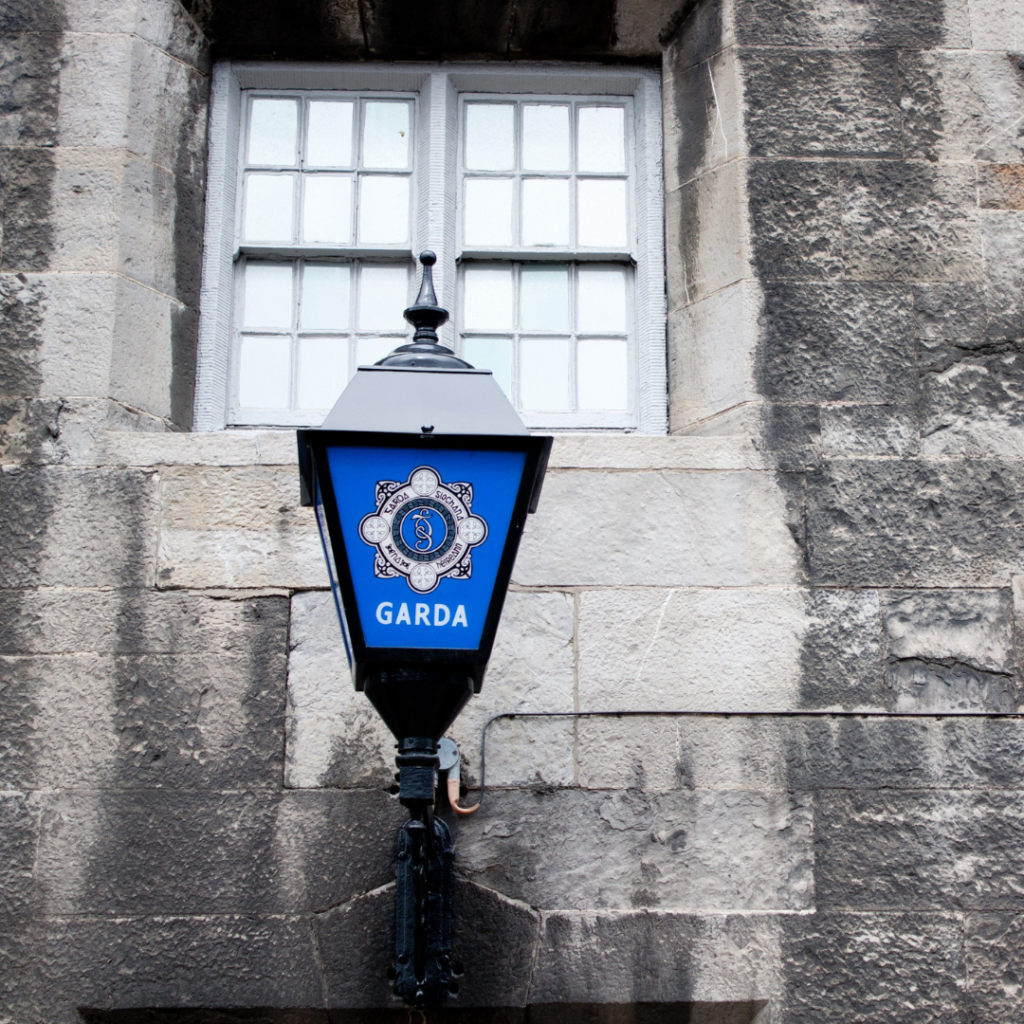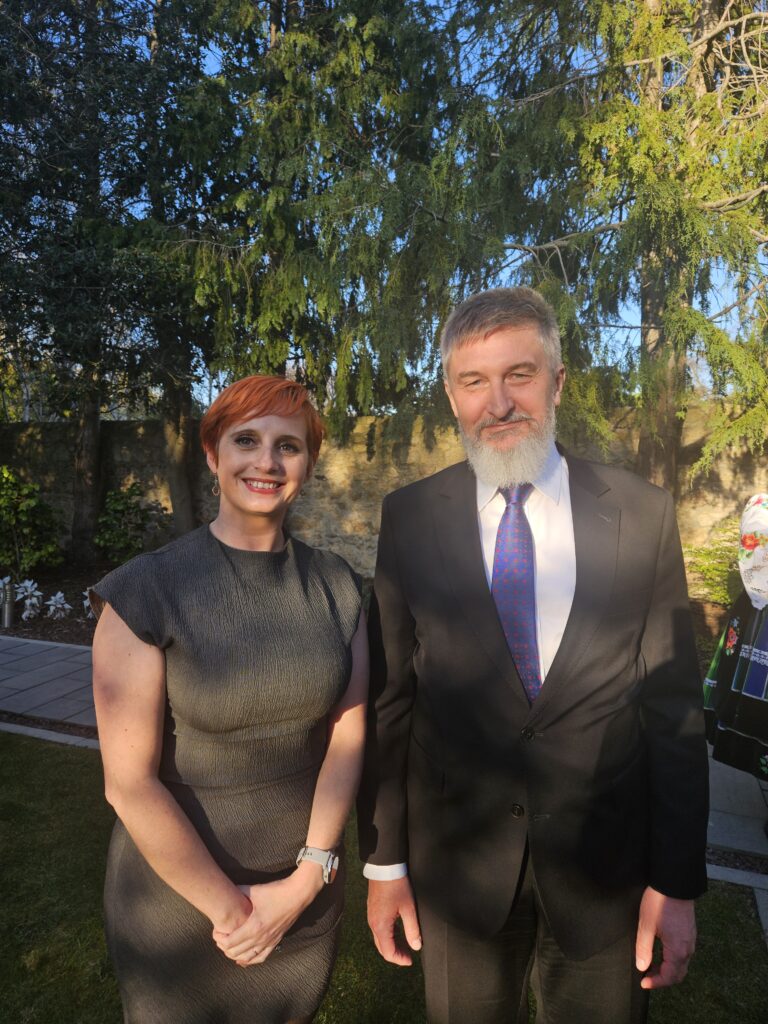Making a will may not be the easiest thing to think about, but it’s one of the most important steps you can take for peace of mind—for yourself and your loved ones. Creating a will ensures your wishes are honoured and spares your family unnecessary stress during an already challenging time. Whether it’s safeguarding your home, finances, or personal belongings, understanding the process will help you make informed decisions.
Therefore, I am taking Winston Churchill’s advice by covering the essentials on the subject matter of making a Will.
What is a Will?
A will is a legal document that sets out how your estate—your assets, including property, savings, and investments—should be distributed after your death. It also allows you to nominate an executor who will manage your estate and ensure your instructions are carried out.
Why Should You Make a Will?
If you don’t make a will, the law decides how your estate is distributed. This situation, called intestacy, often leads to unintended consequences, such as your estate not going to the people you would have wanted to benefit. For example, long-term partners who are not married or in a civil partnership may inherit nothing without a will.
Steps to Create Your Will
Creating a will is simpler than it may seem:
- Choose an Executor – Decide who will be responsible for carrying out your wishes.
- List Beneficiaries – Specify who should inherit your property, money, and possessions.
- Consult a Solicitor – Engage a legal professional to ensure your will complies with legal requirements and reflects your wishes.
- Sign with Witnesses – Your will must be signed in the presence of two witnesses to be valid.
Keeping Your Will Updated
Life events such as marriage, the birth of children, or acquiring new assets may require you to update your will. Regular reviews ensure it continues to reflect your current circumstances and wishes.
Costs of Making a Will
At HOMS Assist, our basic will-writing service starts at €400 plus VAT. Our solicitors provide expert guidance to help you through the process, ensuring your will is clear, valid, and tailored to your needs.
The Value of Planning Ahead
We encourage everyone to prioritise will-making. Life is unpredictable, and having a clear plan provides reassurance for unforeseen circumstances. It’s also an opportunity to consider meaningful choices, such as leaving a gift to a charity.
Start the Conversation Today
To get started, contact HOMS Assist. Our experienced solicitors offer professional and approachable services nationwide, with offices in Dublin, Limerick, and Cork. Whether it’s your first will or a review of an existing one, we’re here to help.









